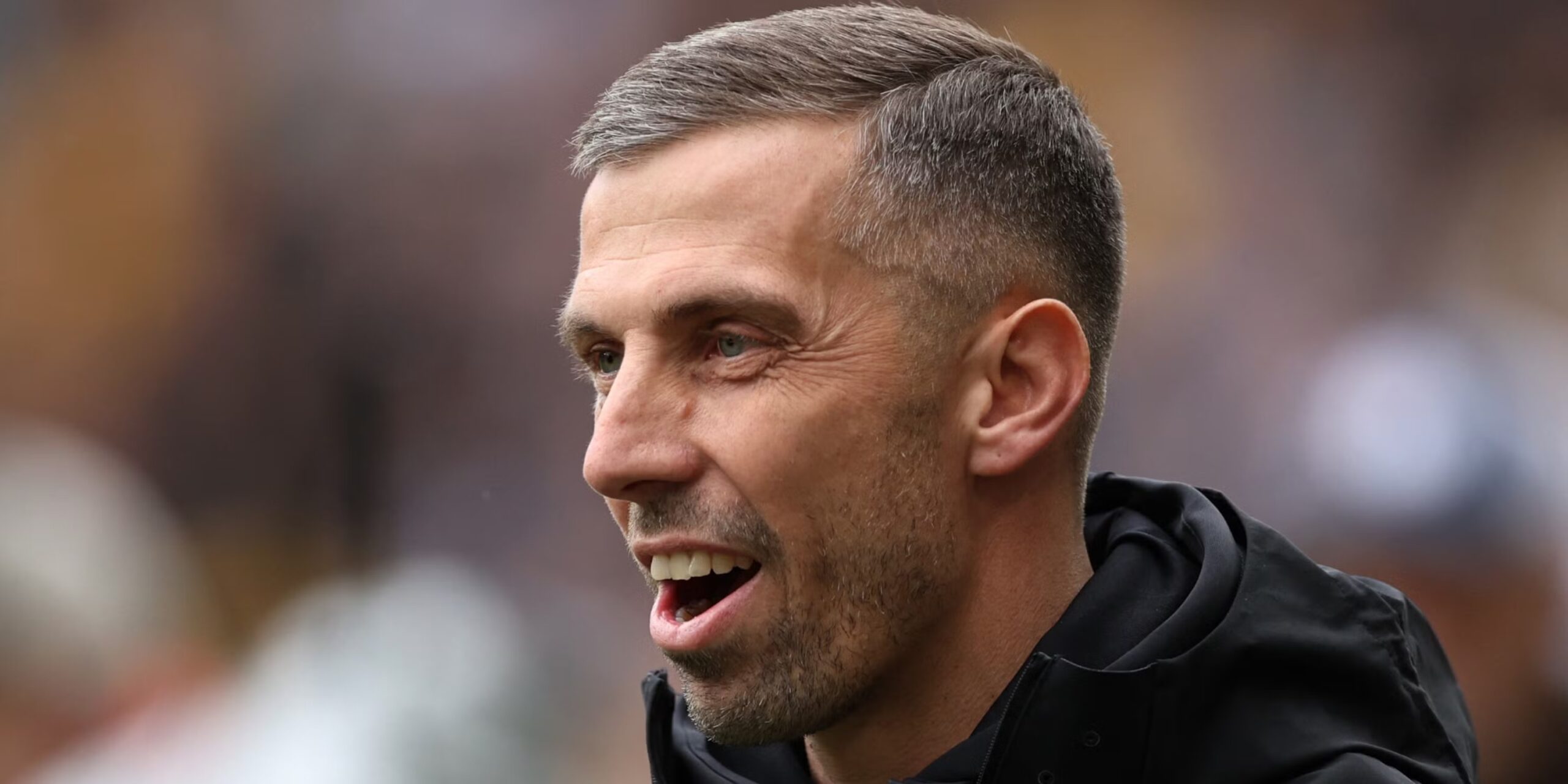David Sullivan: A Key Figure in Modern Football Ownership

Introduction
David Sullivan, a prominent figure in the world of professional football, has made significant contributions to the sport as an entrepreneur and club owner. His strategic approach to football management and business acumen has not only reshaped his clubs but also influenced the broader landscape of the game. As football continues to evolve, understanding Sullivan’s impact and strategies provides insight into the future of club ownership and management.
Life and Career Background
Born in 1949, David Sullivan began his career in the adult entertainment industry before moving into football ownership. In 2010, he co-owned West Ham United, a club steeped in rich history and culture. Sullivan’s investment was marked by an ambition to elevate the club’s performance both on and off the pitch.
Sullivan’s Impact at West Ham United
Upon taking ownership, Sullivan implemented various changes to improve the club’s financial stability. His focus on fiscal responsibility and strategic planning has aimed to enhance the club’s competitiveness in the Premier League. Under his guidance, West Ham transitioned from their previous home at Upton Park to the London Stadium, marking a new era.
In the sports arena, Sullivan’s tenure hasn’t been without challenges. The transition to the London Stadium faced criticism regarding the atmosphere and fan experience. Nonetheless, Sullivan has continually sought to strengthen the squad, showing a willingness to invest in player acquisitions to achieve long-term sporting success.
The Broader Influence of Sullivan
Beyond West Ham, Sullivan exemplifies a new breed of football club owners—combining business expertise with a genuine passion for the game. He has advocated for greater financial transparency in football, which resonates with fans and stakeholders concerned with the sport’s sustainability.
Sullivan’s approach reflects a larger trend in football ownership, where financial prudence is being recognised as vital for long-term success. His recognition of the business side of football and his commitment to improving the overall infrastructure of clubs has paved the way for more responsible club management.
Conclusion
As David Sullivan continues to influence the football world, his journey offers valuable lessons for aspiring club owners and sports executives. His commitment to blending business with sport highlights the evolving nature of football ownership in the 21st century. With ongoing changes in the industry, it will be intriguing to see how Sullivan’s strategies will shape both West Ham United’s future and the larger football landscape in the years to come.
You may also like

Michael Carrick: The Rise of a New Manager in Football

Wolves Owners and Their Impact on the Club’s Growth
